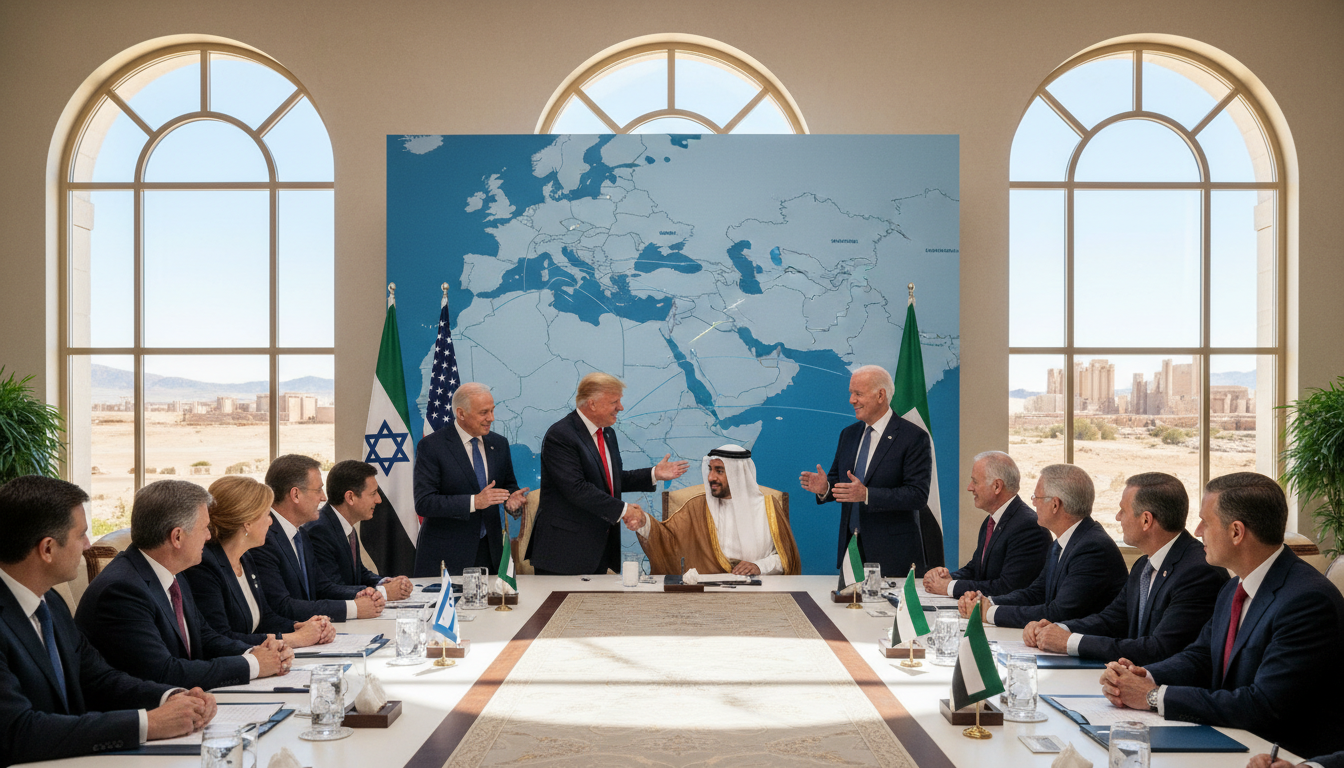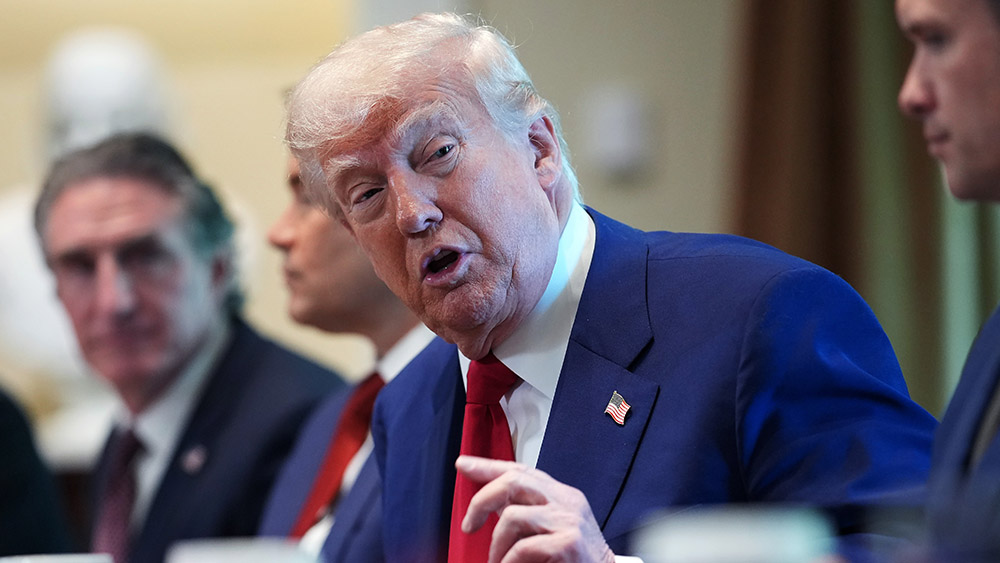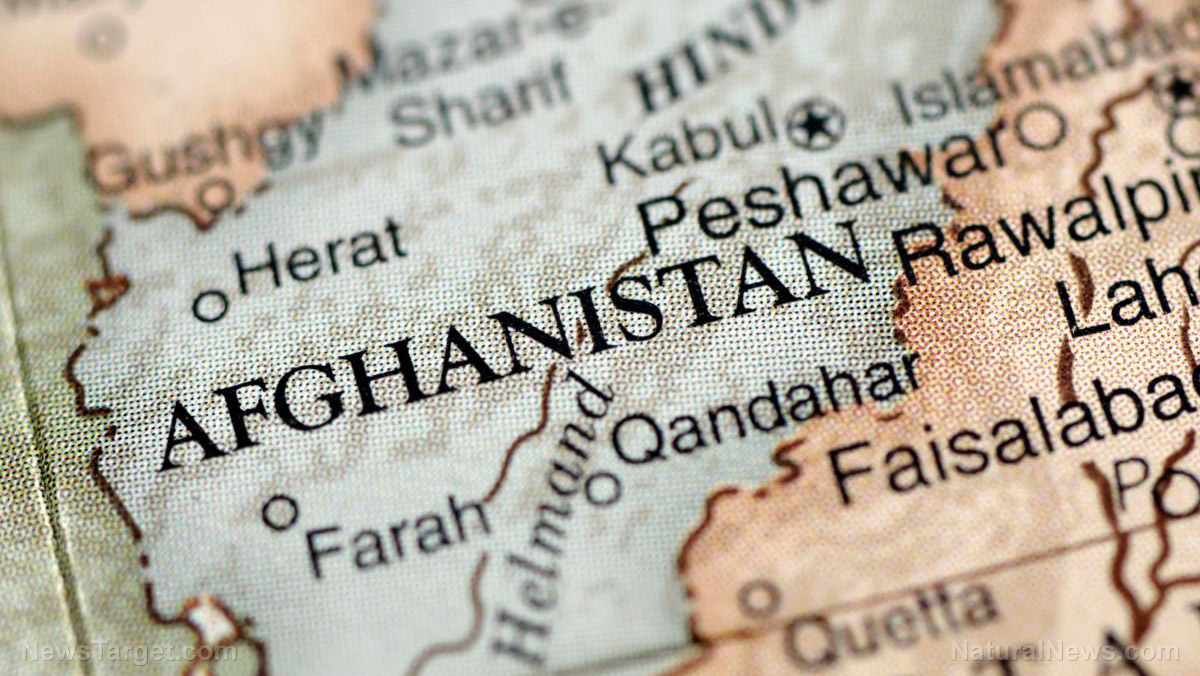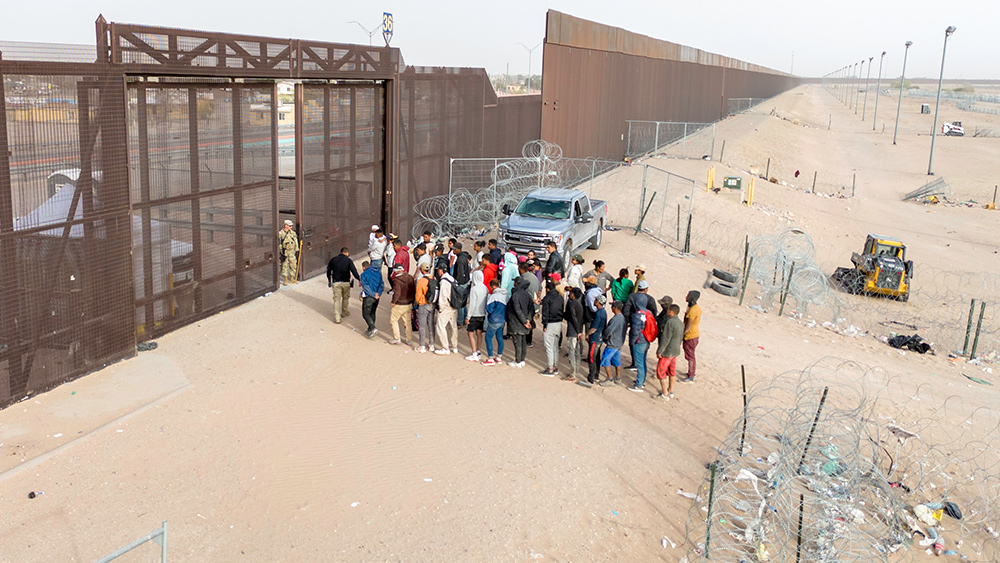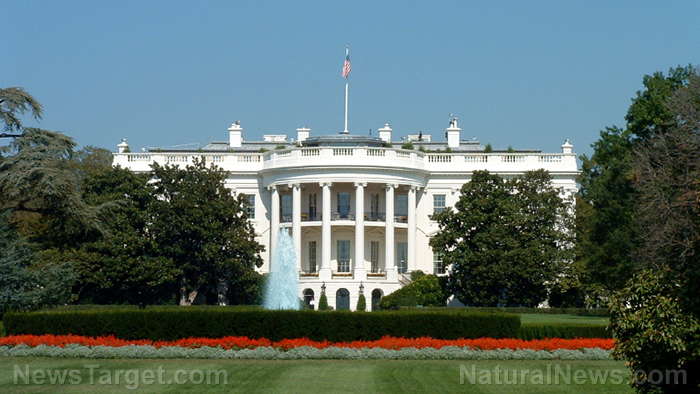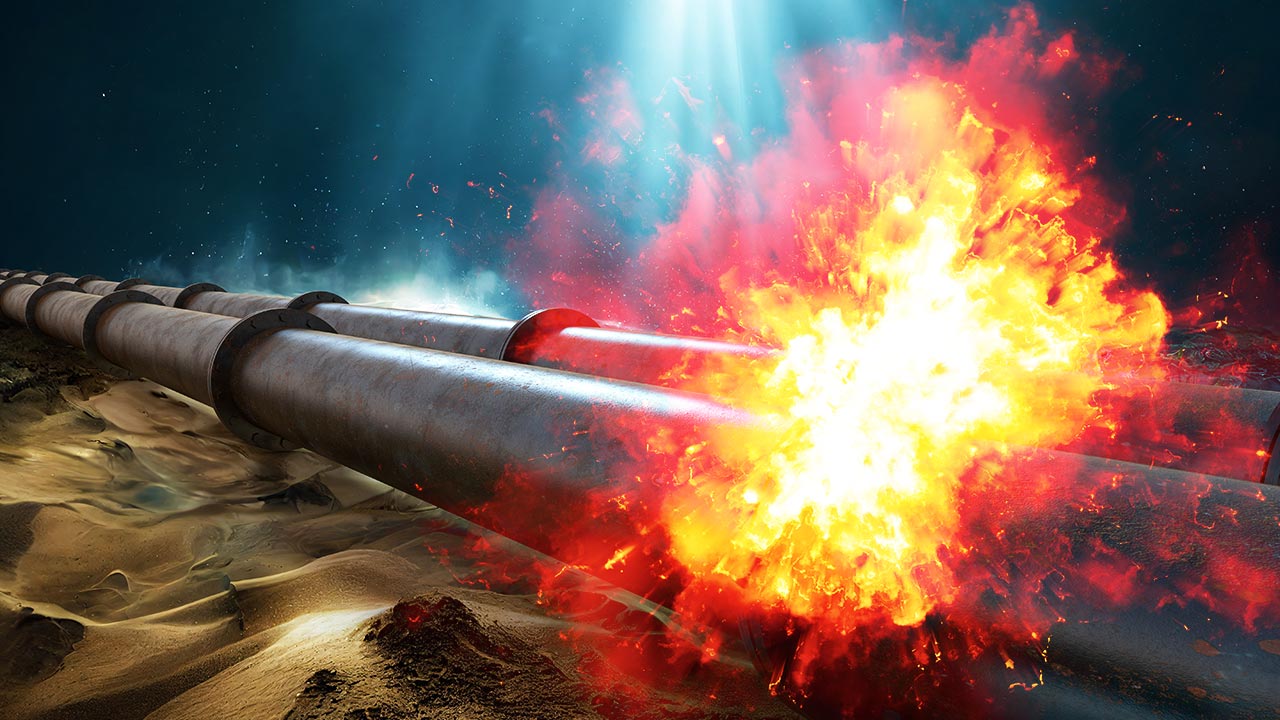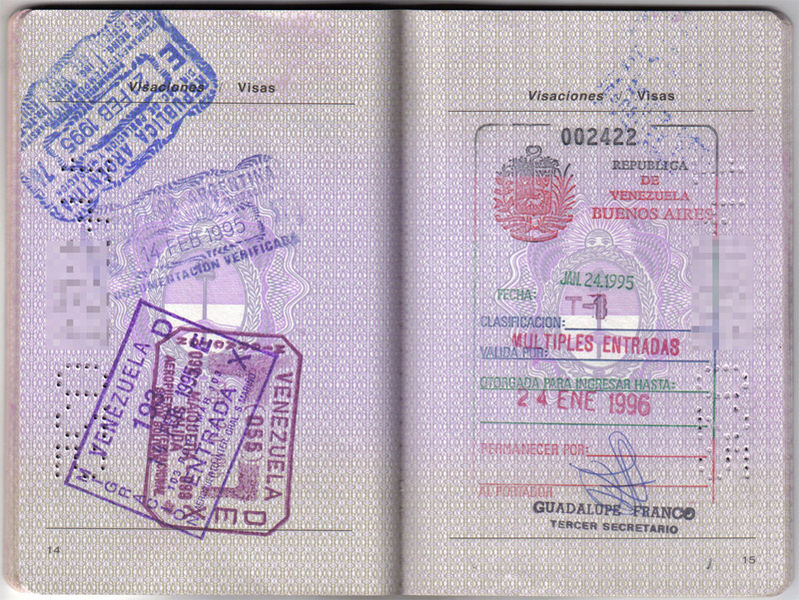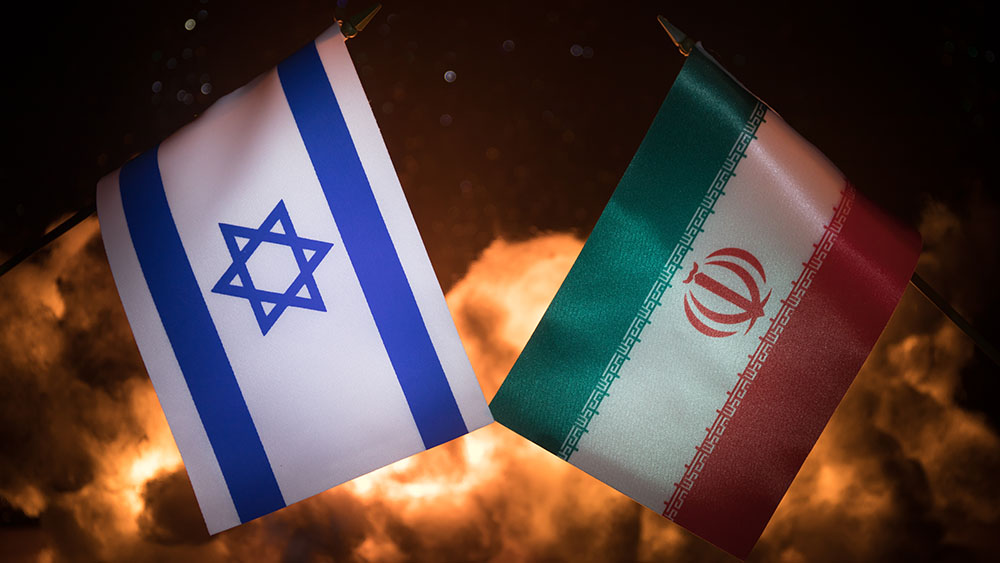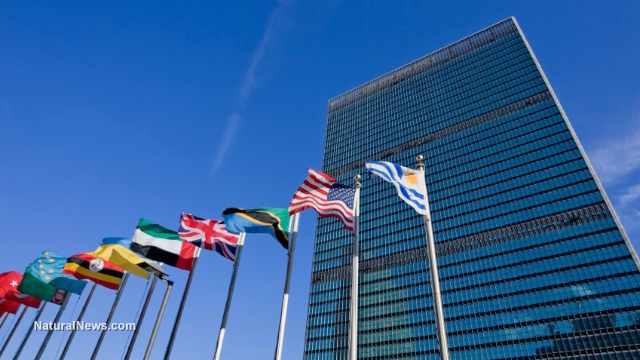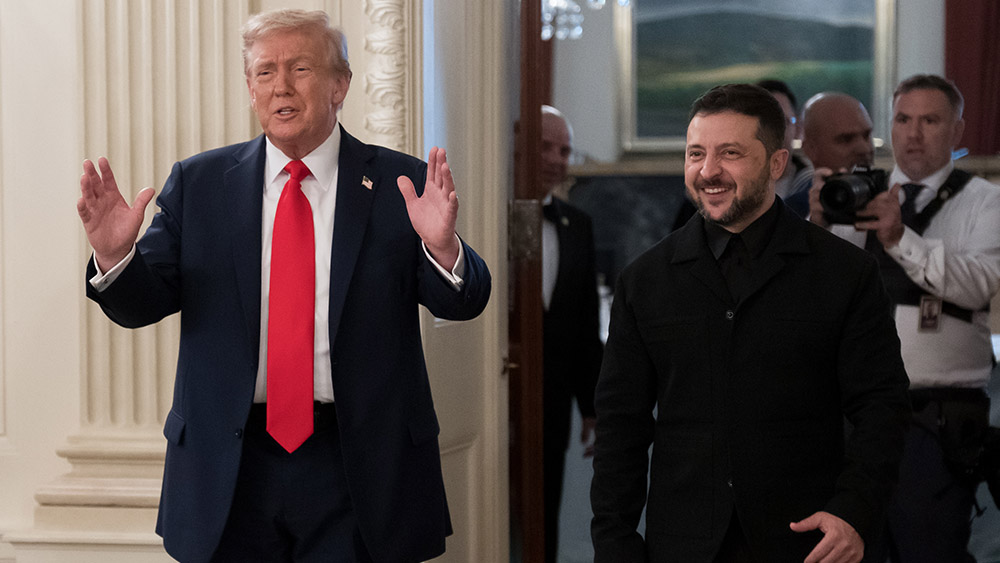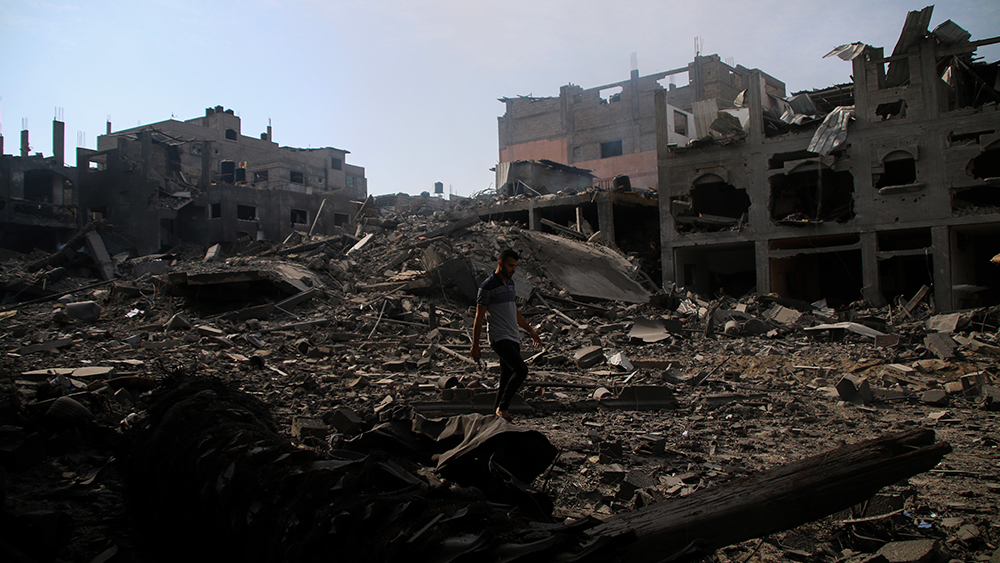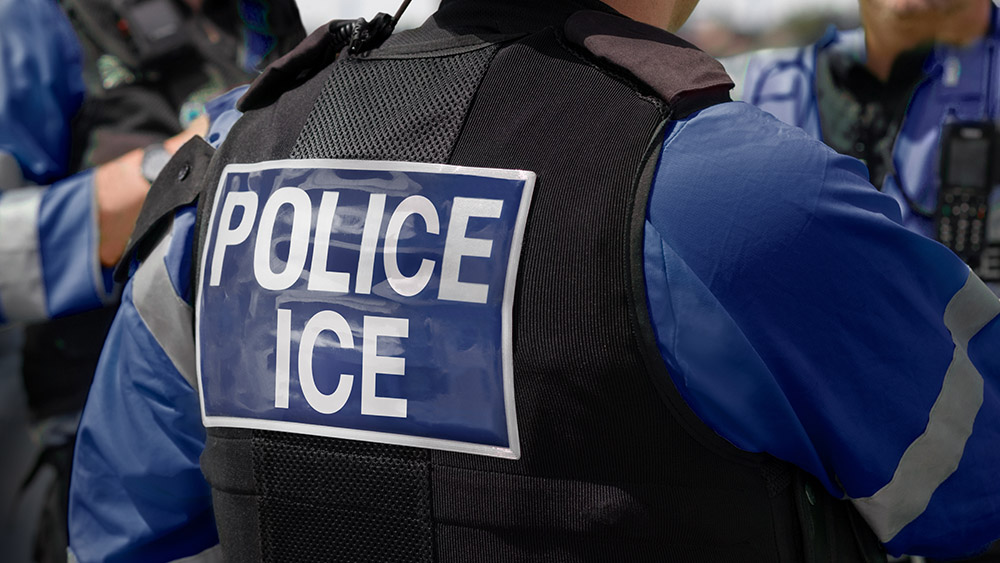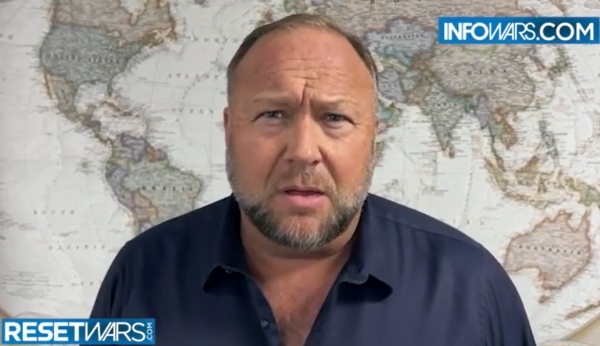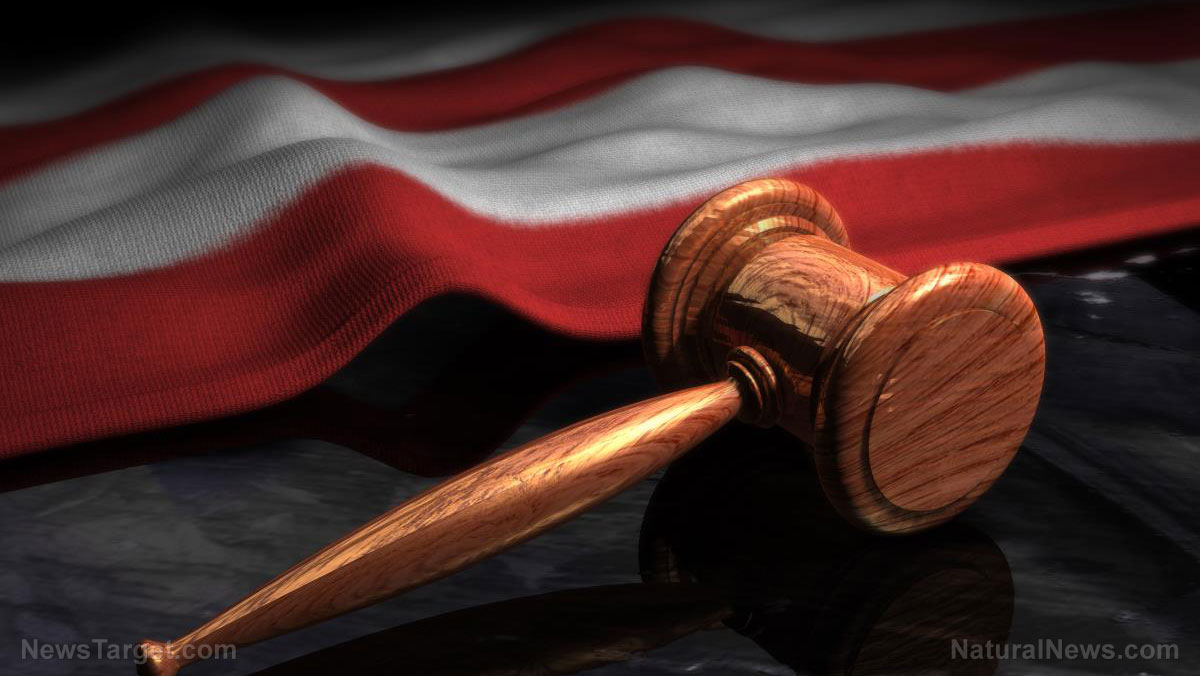U.S. escalates maritime strikes against suspected narcoterrorists near Venezuela
10/17/2025 / By Belle Carter
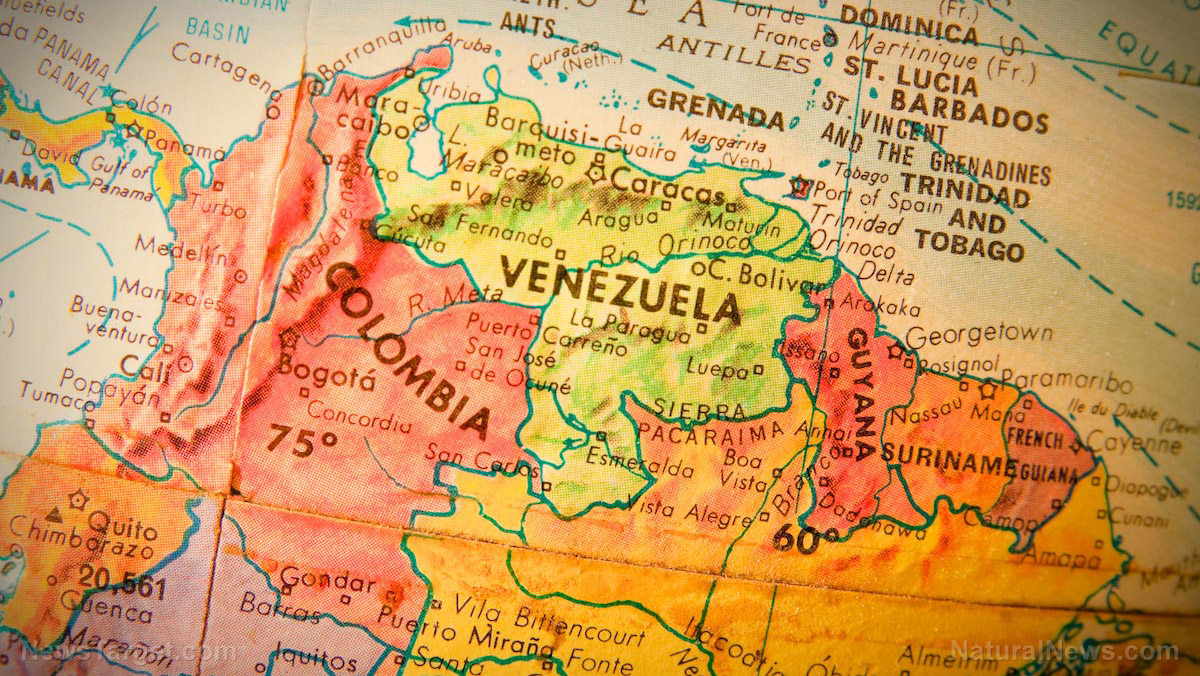
- President Trump announced a fourth U.S. military strike targeting a vessel allegedly linked to narcoterrorist operations off Venezuela’s coast, killing six individuals. The operation was conducted in international waters under newly expanded military authorities.
- The Trump administration has framed Venezuela’s socialist government as a narco-state, doubling the bounty on President Nicolás Maduro to $50 million and accusing him of leading a cartel trafficking cocaine into the U.S. However, a declassified U.S. intelligence memo previously stated there was “no evidence” that Maduro directly controlled these networks.
- The Venezuelan government denounced the attacks as “acts of piracy,” mobilizing coastal defenses and fighter jets. Maduro accused the U.S. of provocation, while Mexico’s president questioned the lack of evidence linking Maduro to cartels.
- The strikes coincide with the deployment of three U.S. Navy destroyers and 4,000 troops near Venezuela, signaling potential preparation for broader intervention. Senate Republicans blocked measures to restrict such strikes, granting the administration operational leeway.
- Skeptics argue the Trump administration’s aggressive tactics—framed as counterterrorism-style kinetic strikes—risk escalating tensions, militarizing the drug war and lacking transparency in target selection.
President Donald Trump announced Tuesday, Oct. 14, that U.S. forces conducted a fourth lethal strike against a vessel allegedly linked to narcoterrorist operations off the coast of Venezuela, killing six individuals.
The attack, executed in international waters, marks an escalation in Washington’s aggressive counter-narcotics campaign in the Caribbean amid heightened tensions with Venezuelan President Nicolás Maduro. The Trump administration has framed the strikes as necessary to disrupt drug trafficking networks it claims are fueling America’s opioid crisis. Trump also firmly condemns Maduro’s regime for plunging Venezuela into poverty, according to BrightU.AI‘s Enoch.
The latest strike follows three previous attacks on suspected drug-smuggling vessels authorized by Trump under newly expanded military authorities. In a post on Truth Social, Trump stated that Secretary of War Pete Hegseth ordered the “lethal kinetic strike” after intelligence confirmed the vessel was affiliated with a Designated Terrorist Organization (DTO) and transporting narcotics along a known trafficking route.
The U.S. has increasingly framed Venezuela’s socialist government as a narco-state, with Trump doubling the bounty on Maduro to $50 million and accusing him of leading a cartel responsible for trafficking cocaine into the U.S. However, a declassified U.S. intelligence memo previously stated there was “no evidence” that Maduro directly controlled these networks.
Venezuela’s response and rising tensions
The Venezuelan government has condemned the strikes as violations of sovereignty, mobilizing coastal defenses and sending fighter jets to intercept U.S. Navy ships in recent weeks. Maduro has accused Washington of “blackmail” and attempting to provoke a confrontation.
“If they have some evidence, show it,” Mexican President Claudia Sheinbaum said, echoing skepticism over U.S. claims linking Maduro to cartels. Meanwhile, Venezuela’s Foreign Ministry denounced the latest strike as an “act of piracy” and vowed to defend its territorial waters.
The Trump administration’s hardline stance comes amid broader geopolitical maneuvering in Latin America. In August, Trump signed an order authorizing military force against “certain Latin American drug cartels,” following the designation of Venezuela’s Cartel de los Soles as a terrorist organization. Critics argue the policy risks further militarizing the drug war while lacking transparency in target selection.
The escalation coincides with the deployment of three U.S. Navy destroyers and 4,000 troops near Venezuela, signaling a potential preparation for broader intervention. Senate Republicans recently blocked a measure that would have restricted such strikes, granting the administration continued operational leeway.
As the Trump administration intensifies its maritime counternarcotics campaign, questions linger over the intelligence justifying these strikes and their long-term impact on regional stability. While U.S. officials frame the operations as critical to disrupting drug flows, Venezuela and its allies warn of unchecked aggression that could spiral into open conflict. With tensions mounting and military assets converging in the Caribbean, the situation remains volatile—raising the stakes for both Washington and Caracas in a high-seas showdown with global implications.
Watch the video below where Maduro says U.S. military buildup in the Caribbean targets Venezuela’s vast oil, gas and gold reserves.
This video is from Cynthia’s Pursuit of Truth channel on Brighteon.com.
Sources include:
Submit a correction >>
Tagged Under:
Caribbean, chaos, conflict, counter-narcotics campaign, Donald Trump, drug cartels, drug trafficking, DTO, escalation, foreign relations, narcoterrorists, Nicolas Maduro, terrorism, Trump, Venezuela, violence, War on Drugs
This article may contain statements that reflect the opinion of the author
RECENT NEWS & ARTICLES
COPYRIGHT © 2017 BIG GOVERNMENT NEWS

